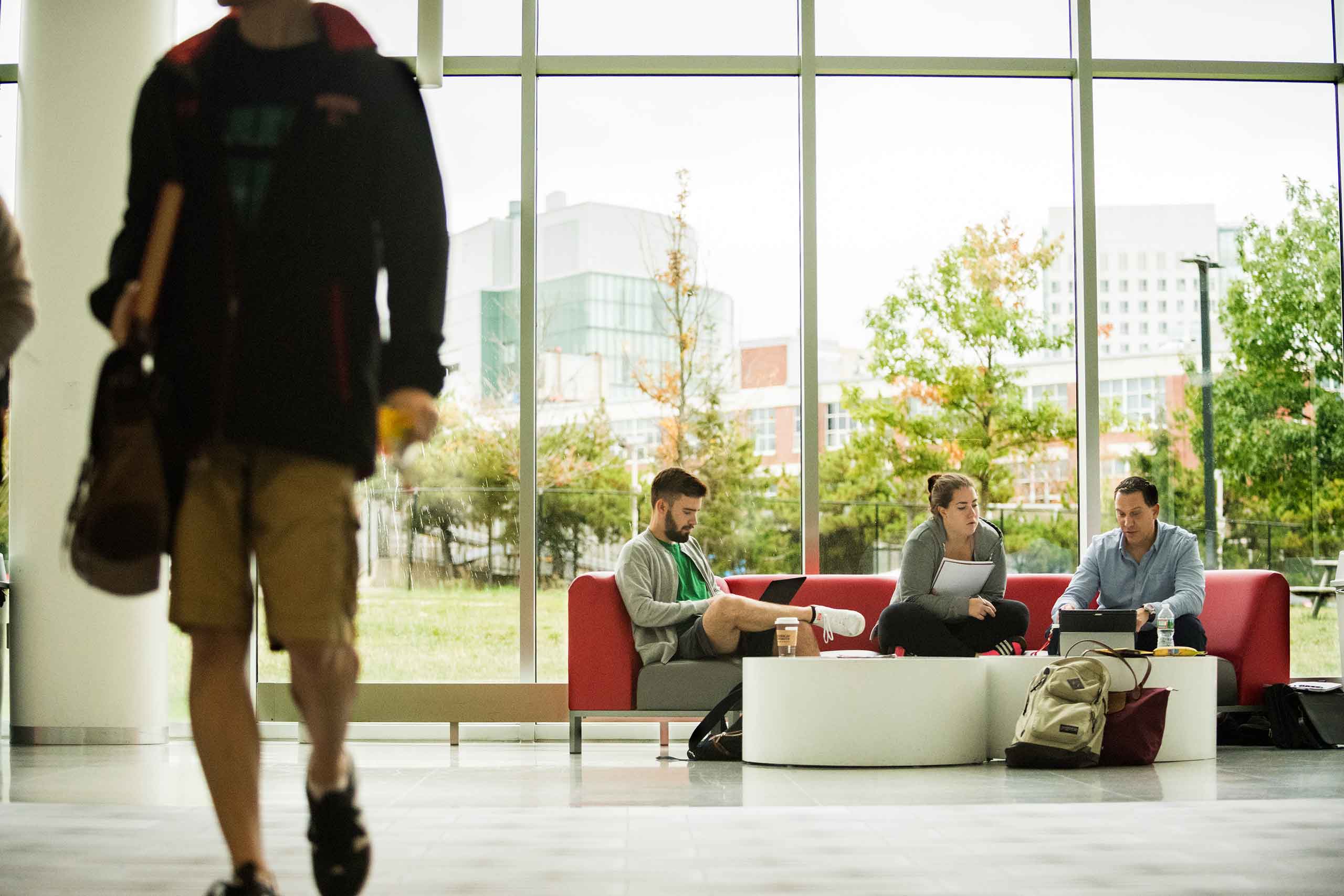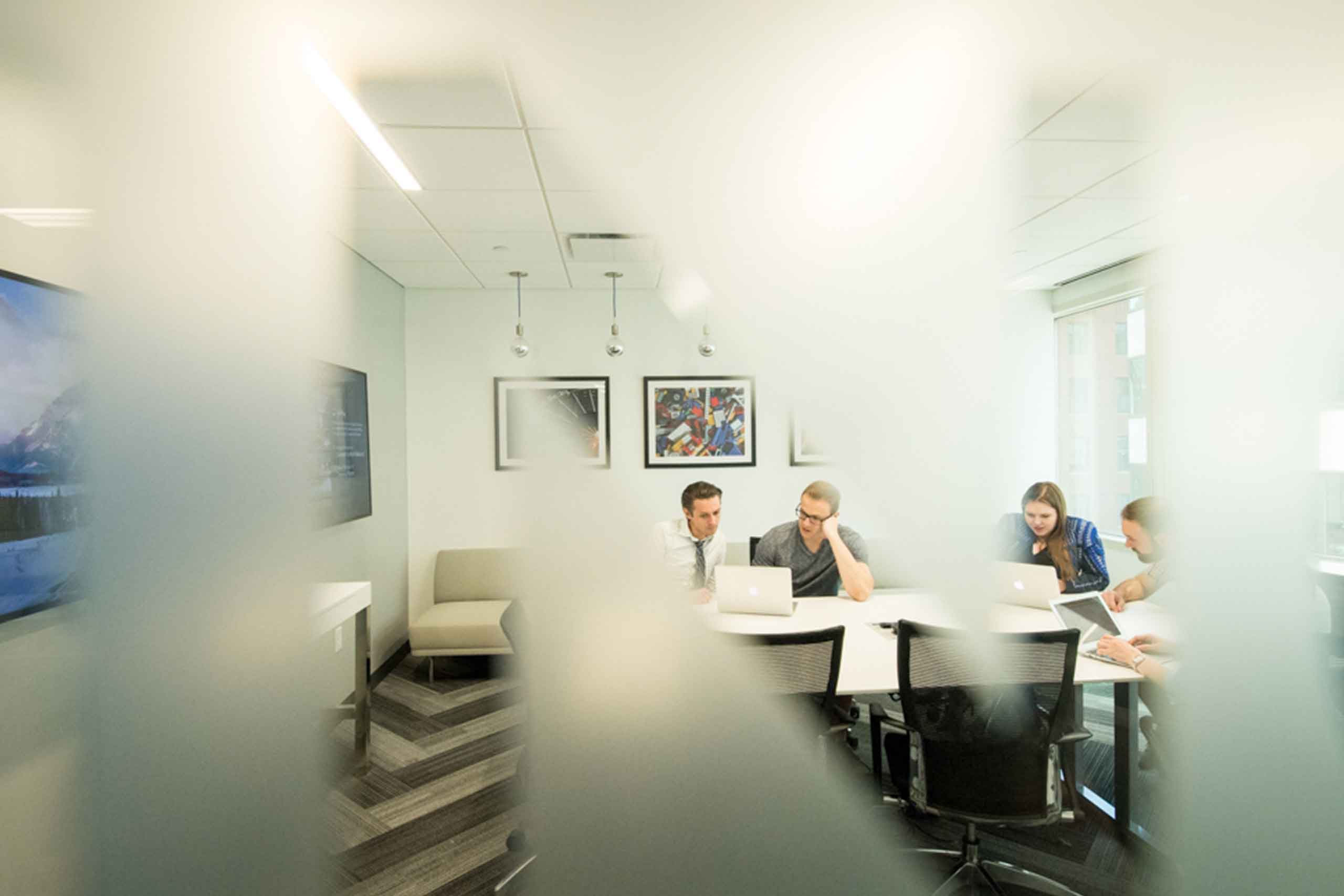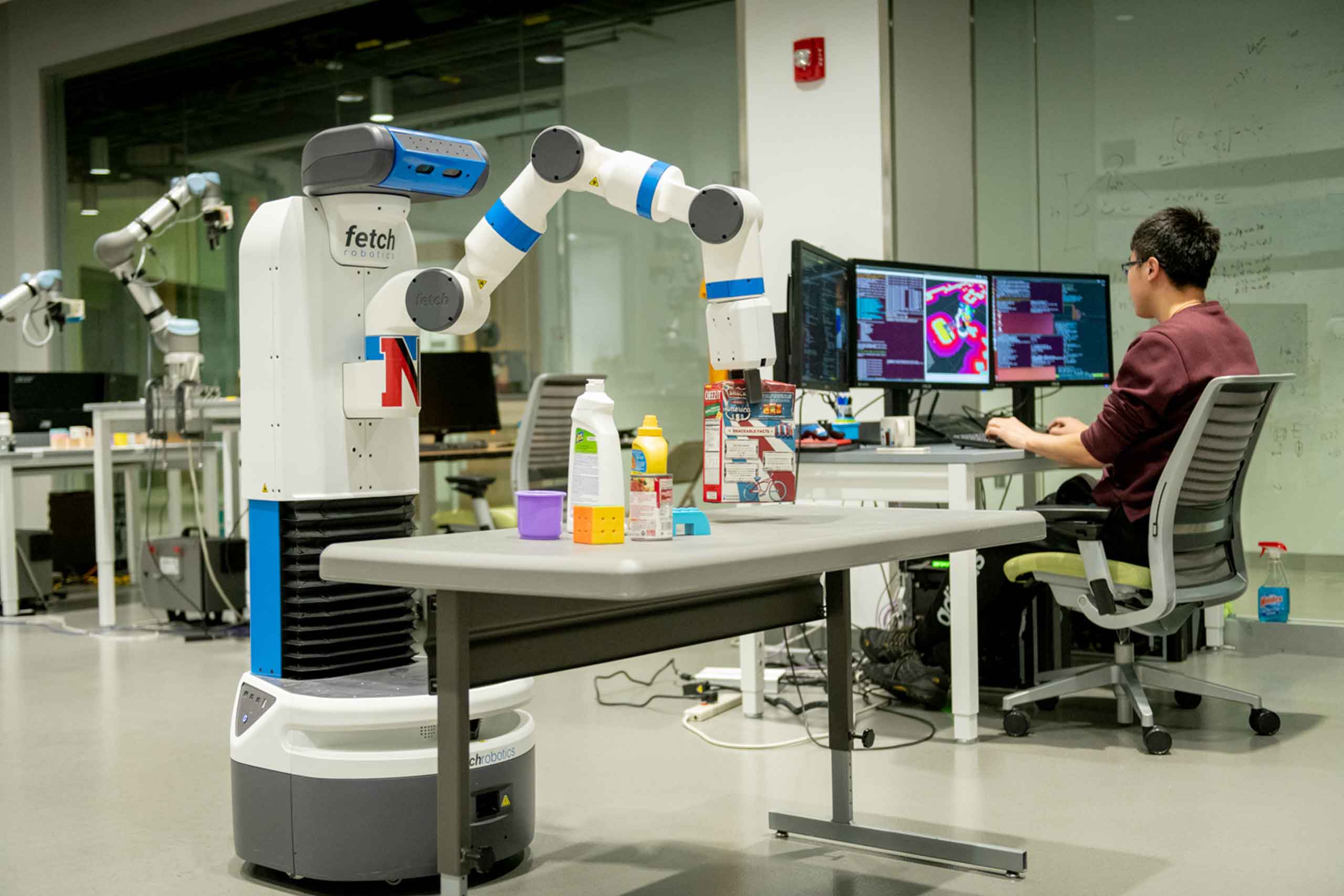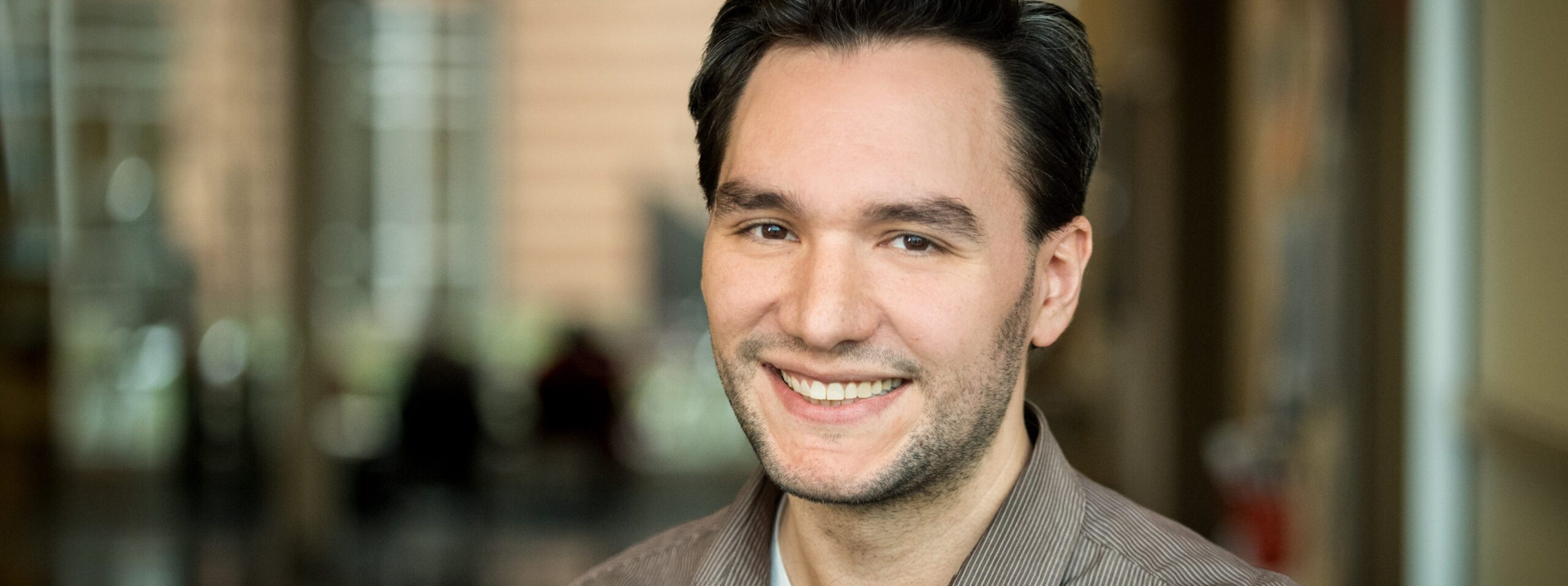
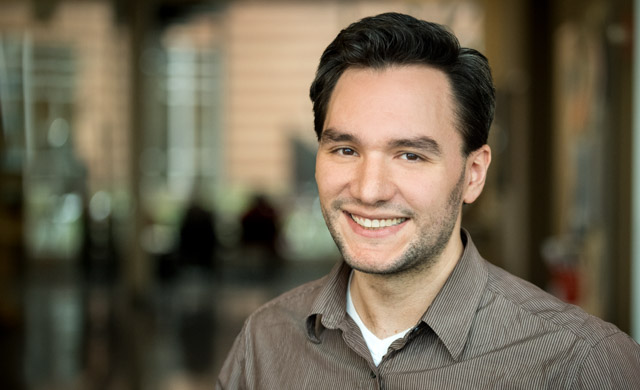
David Stalfa










During my master’s in Philosophy, I focused on questions at the intersection of language and logic. Specifically, the questions of logical monism- whether there is one “true” logic that models our intuitive reasoning- and the kinds of justifications one might offer for or against such a position.
In computer science, my research has centered on computational geometry and graph approximation algorithms. Several results with the computational geometry group at Tufts have been presented at conferences and workshops.
At the time of writing, my research in computational geometry is in the area of geometric packing problems. We are attempting to prove a lower bound on the area of a certain construction in the unit square. In approximation algorithms, I and another PhD student are researching a scheduling problem on DAGs, interpreted as computational jobs with dependencies.
Through my recent research, I have become interested in geometric packing, an area where lower bounds and hardness results have been difficult to achieve.
I enjoy the process building intuitions for a problem, whether it is a graph algorithm or a geometric construction. In geometry especially, where problem statements are deceptively simple, intuition building can be an arduous, but ultimately satisfying, process.
Ideally I would like to teach and conduct research at a university, but would be open to working in industry in right position.
During my master’s in Philosophy, I focused on questions at the intersection of language and logic. Specifically, the questions of logical monism- whether there is one “true” logic that models our intuitive reasoning- and the kinds of justifications one might offer for or against such a position.
In computer science, my research has centered on computational geometry and graph approximation algorithms. Several results with the computational geometry group at Tufts have been presented at conferences and workshops.
At the time of writing, my research in computational geometry is in the area of geometric packing problems. We are attempting to prove a lower bound on the area of a certain construction in the unit square. In approximation algorithms, I and another PhD student are researching a scheduling problem on DAGs, interpreted as computational jobs with dependencies.
Through my recent research, I have become interested in geometric packing, an area where lower bounds and hardness results have been difficult to achieve.
I enjoy the process building intuitions for a problem, whether it is a graph algorithm or a geometric construction. In geometry especially, where problem statements are deceptively simple, intuition building can be an arduous, but ultimately satisfying, process.
Ideally I would like to teach and conduct research at a university, but would be open to working in industry in right position.

